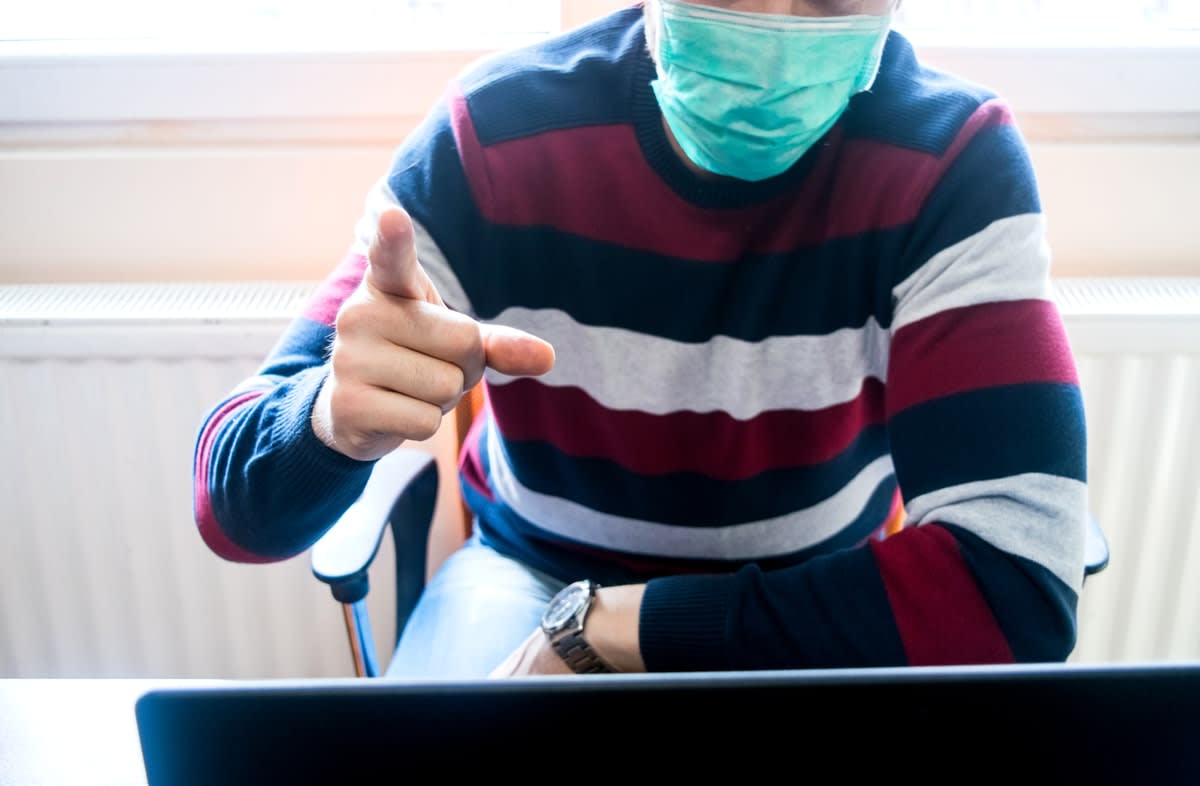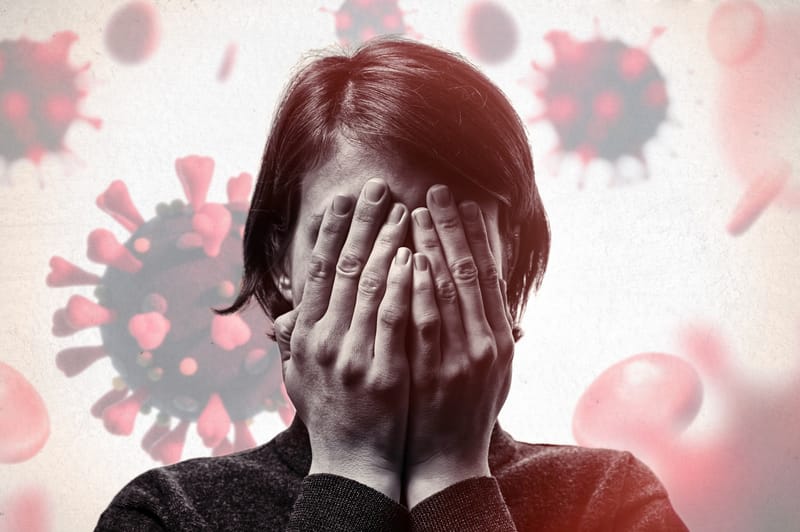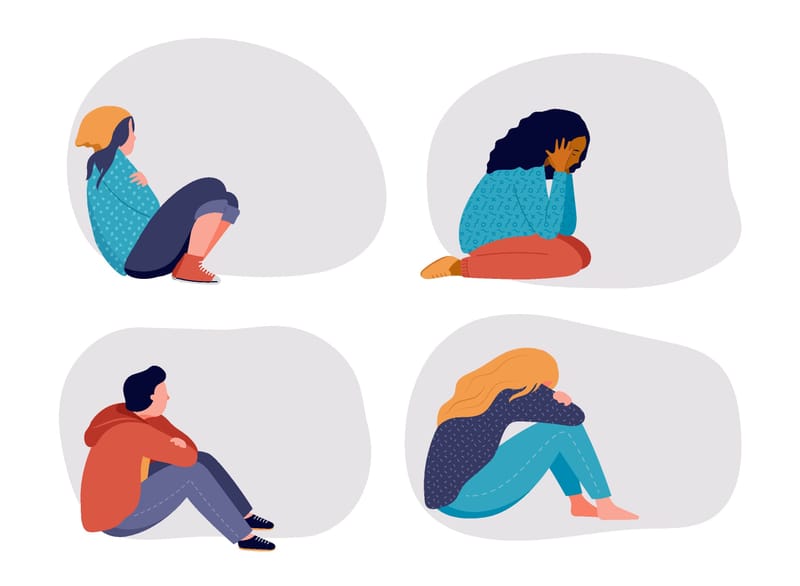
Over the past months, we’ve been witnessing communities turn to the online realm for connection in a time of upheaval and social distancing. Some communities, however, already have well-established networks online that often work as sites for solidarity, and for users to connect with like-minded individuals and discuss common interests.
As citizens became disconnected and isolated in the physical world, these online spaces were increasingly important for engagement, providing avenues for people to seek and share information, as well as to vent frustration during this time of crisis.
In Australia, we saw early concerns raised about the alarming effects a pandemic can have on domestic violence, and there’s been a reported increase in calls to MensLine related to COVID-19. On the other hand, there have also been reports that some young men aren’t taking the crisis seriously enough and are pressuring women on dating apps to break social distancing rules and meet up with them for sex.
With these concerns in mind, my research into men’s groups online positioned me to take a look at how some men have responded to the pandemic.
Most of the groups I research are linked to what’s become known as “the manosphere”. Some of these groups include fathers’ and men’s rights activists, men going their own way (men who have decided to live a life separate from women), and “pick-up” artists (men who use a range of typically misogynistic tactics to try to seduce women into having sex with them).
Several key themes emerged from the discussions within these men’s groups that demonstrate their various responses to the pandemic – and that also raise red flags.
Denial and victimhood
In these groups, men are overwhelmingly positioned as victims. There’s an undercurrent of “coronavirus deniers”, along with the belief that the pandemic is really a “panic-demic”, meaning that some members believe the virus isn’t a serious issue, but that their governments and the world at large have overreacted, and as a result have caused more injury to men via job, business and financial losses.

While the reality of these losses is very real and concerning, the anger in response to them is worrying, as we’ve seen similar conspiracies of denial peddled by members of the far right that ignited anti-social distancing protests in the US, and fuelled racism across the globe.
Much of the anger within these men’s groups is directed at women as well as society at large. Women are blamed for either breaching social distancing rules, and thereby contributing to the spread of COVID-19, or for being irrational and feeding into the “panic-demic”, pressuring governments to implement social distancing policies that financially cripple men and male-owned businesses.
Predatory behaviour
Within the pickup artist community, there’s been a focus on preparing for the “Grand Pussy Reopening”. Members are anticipating and predicting that once social distancing restrictions are reversed that women will be more sexually available. They’re likening the “post-quarantine” era with the first two weeks of university or college (depending on where you are in the world, this time is often referred to as orientation week, freshers’ week etc).
This is very concerning, as previous research has exposed the high rate of sexual harassment and assault at universities, and the orientation-week environment (often including booze-filled events) creates the prime condition for sexual harassment to flourish. The concentration of discussions focusing on bettering one’s “game” (seduction skills) in preparation for the end of social distancing points towards a potential increase in predatory behaviour by young men.
Much of the anger within these men’s groups is directed at women as well as society at large. Women are blamed for either breaching social distancing rules, and thereby contributing to the spread of COVID-19, or for being irrational and feeding into the “panic-demic”.
While social distancing continues, there’s evidence in these spaces of some men continuing to breach the rules, and share tips on how to find women who are also willing to disregard social distancing and meet for sex.
This is consistent with other reports that men on dating apps have been pressuring women to meet. Further, some of these spaces reflect a higher value placed on sexting and on the exchange of nudes (often without consent).
Self-improvement and solidarity
In times of crises, these well-established online groups continue to play an important role in providing a sense of community and connection to men. Within these groups, men provide motivation and support to engage in self-improvement whether by encouraging fitness efforts, eating and cooking healthily, as well as providing financial and investment tips.
While there are a number of concerning trends, along with dangerously misogynistic and racist attitudes, emerging from within the manosphere, these communities continue to provide a space for support and solidarity for men who feel isolated, estranged, and marginalised by their immediate and more local communities.





